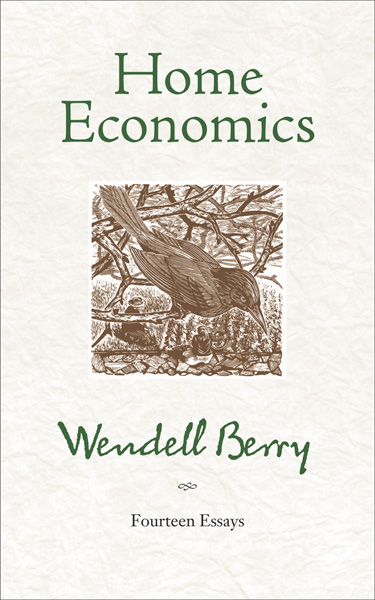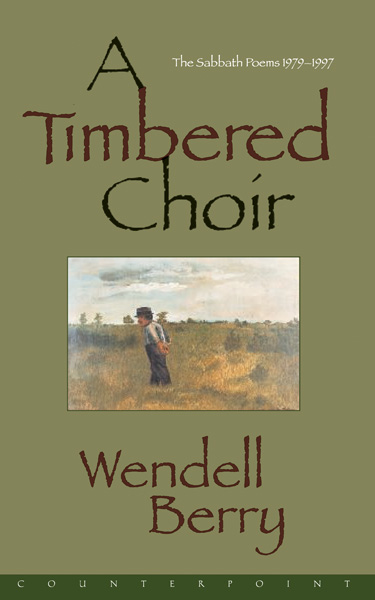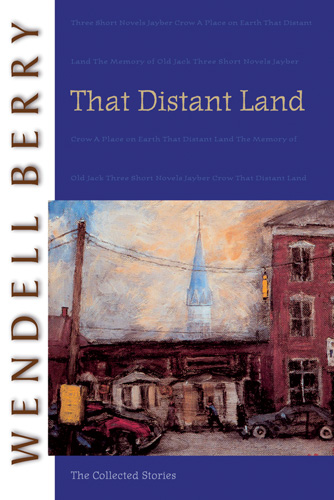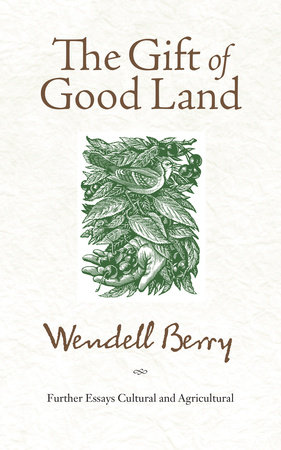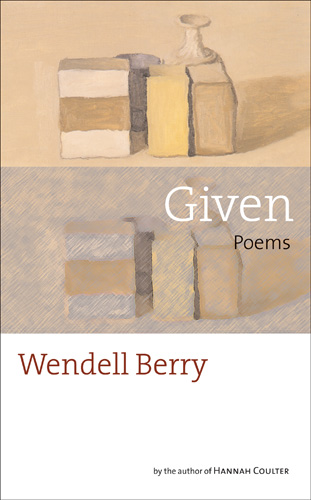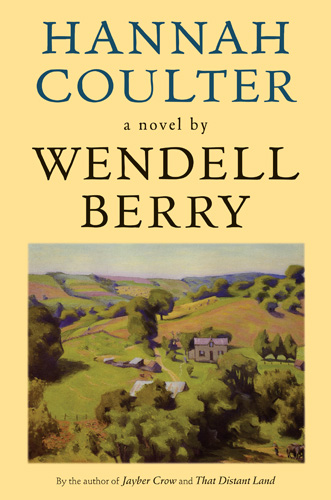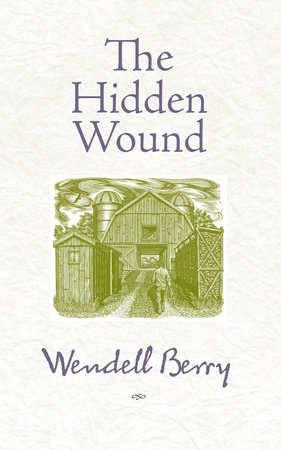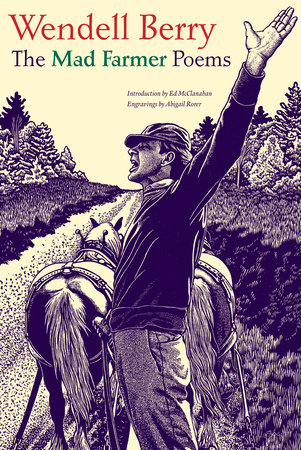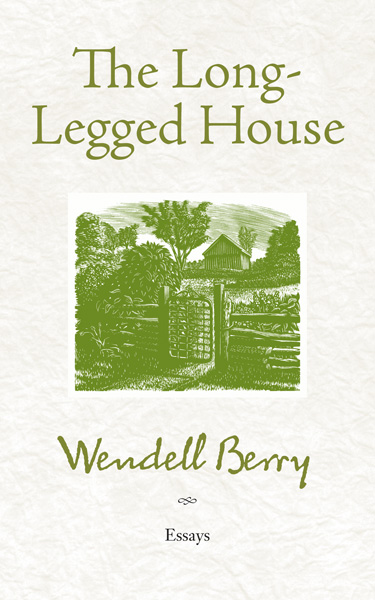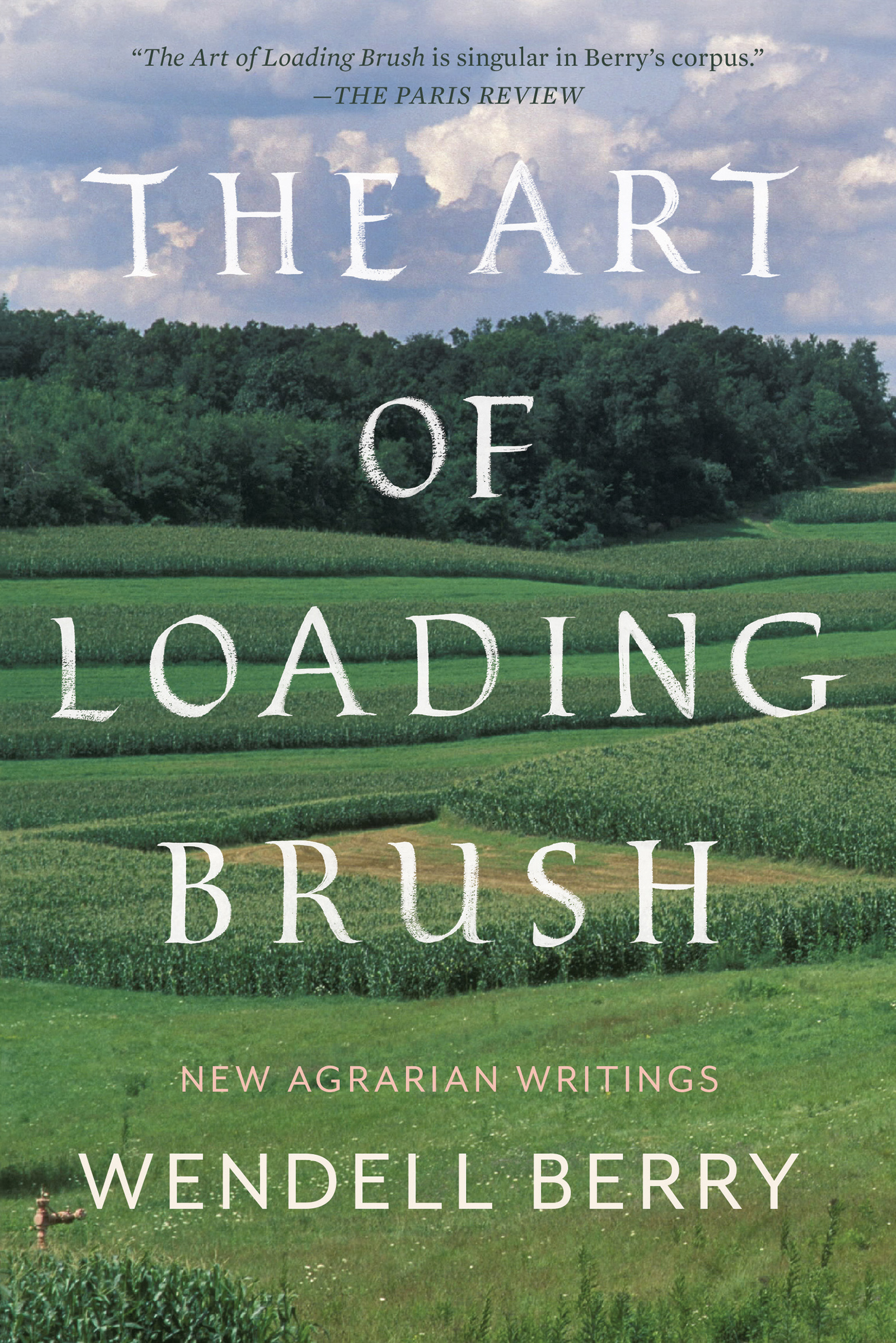
Book Description
“In Berry’s new book, The Art of Loading Brush, he is a frustrated advocate, speaking out against local wastefulness and distant idealism; he is a gentle friend, asserting, as he always has, the hope possible in caring for the world, and your specific place in it . . . The Art of Loading Brush is singular in Berry’s corpus.”—The Paris Review
“[Berry] has never written better.” —Booklist (starred review)
Wendell Berry’s profound critique of American culture has entered its sixth decade, and in this gathering he reaches with deep devotion toward a long view of Agrarian philosophy. Mr. Berry believes that American cultural problems are nearly always aligned with their agricultural problems, and recent events have shone a terrible spotlight on the divides between our urban and rural citizens. Our communities are as endangered as our landscapes. There is, as Berry outlines, still much work to do, and our daily lives—in hope and affection—must triumph over despair.
Mr. Berry moves deftly between the real and the imagined. The Art of Loading Brush is an energetic mix of essays and stories, including “The Thought of Limits in a Prodigal Age,” which explores Agrarian ideals as they present themselves historically and as they might apply to our work today. “The Presence of Nature in the Natural World” is added here as the bookend of this developing New Agrarianism. Four stories extend the Port William story as it follows Andy Catlett throughout his life to this present moment. Andy works alongside his grandson in “The Art of Loading Brush,” one of the most moving and tender stories of the entire Port William cycle. Filled with insights and new revelations from a mind thorough in its considerations and careful in its presentations, The Art of Loading Brush is a necessary and timely collection.
“Berry’s essays, continuing arguments begun in The Unsettling of America 40 years ago, will be familiar to longtime readers, blending his farm work with his interests in literature old and new . . . Vintage Berry sure to please and instruct his many admirers.”—Kirkus Reviews (starred review)
Praise For This Book
Praise for The Art of Loading Brush"The cumulative force of these lyrical essays takes the reader’s breath away, as if we have relearned something essential that contradicts the world all around us . . . Here is a man deeply rooted, wisely aware, offering a manifesto of weighty moral passion. He exposes the counterfeit quality of our dominant life and summons us to know and live differently." —The Christian Century
"In Berry’s new book, The Art of Loading Brush, he is a frustrated advocate, speaking out against local wastefulness and distant idealism; he is a gentle friend, asserting as he always has, the hope possible in caring for the world, and your specific place in it . . . The Art of Loading Brush is singular in Berry’s corpus." —The Paris Review
"Berry has faithfully cultivated his given life within the limits of his marginal place in rural Kentucky, and . . . in the essays, stories, and single poem collected in his latest book, he distills his life’s varied work into a coherent sense. And like Kentucky bourbon, it is a complex, mature sense, flavored by the fields and forests of his place." —Englewood Review of Books
"Berry's essays, continuing arguments begun in The Unsettling of America 40 years ago, will be familiar to longtime readers, blending his farm work with his interests in literature old and new . . . Vintage Berry sure to please and instruct his many admirers." —Kirkus Reviews (starred review)
"About everything he loves and everything he regrets he has never written better." —Booklist (starred review)








